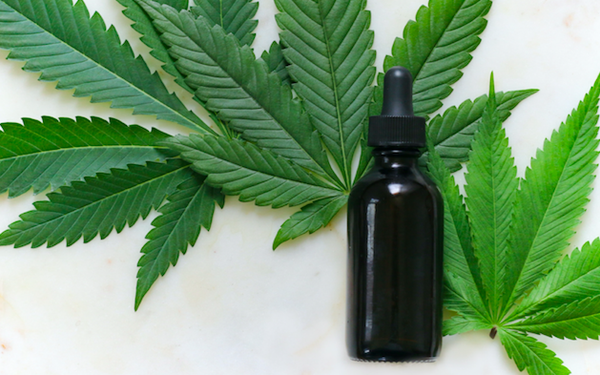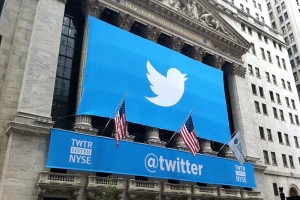Study: Legal Cannabis A ‘Formidable Competitor’ To Alcohol

A decade after Colorado and Washington became the first two states to legalize recreational marijuana, it’s clearer than ever why spirits marketers have invested billions of dollars in cannabis companies.
Investment firm Cowen & Company recently did a deep dive on the use of cannabis and alcohol consumption trends, based on more than eight million survey responses and alcohol data from 38 states.
According to the report, legal cannabis now represents “a formidable competitor to alcohol.” And the 2022 U.S. cannabis market will reach 10% of the $260 billion alcohol category—up from just 2% five years ago.
“We think that reflects notable changes in consumer behavior coupled with changes in legislation at the state level,” Cowen beverages, tobacco and cannabis analyst Vivien Azer said in a video summary of the research.
While alcohol use is pervasive among cannabis consumers, it has been falling materially, according to the National Survey on Drug Use and Health (NSDUH).
Between 2002 and 2020, the percentage of past-month cannabis users who also drink alcohol dropped from 90% to 79% in the 18-25 age cohort, according to NSDUH surveys.
Conversely, the percentage of past-month drinkers in that age group who use cannabis expanded from 25% to 32%.
Cowen projects that over the next five years, the cannabis category will add four times the number of consumers as the alcohol category.
“As the availability of legal cannabis expands, we continue to observe falling alcohol incidence, rising cannabis incidence and evolving risk perceptions as more consumers pick cannabis as their social lubricant of choice,” the Cowen report notes.
According to data from the U.S. Bureau of Economic Analysis, off-premise alcohol sales in states where recreational cannabis is not legal grew at a compound annual growth rate of 8.6% in the last three years, compared to 7.9% in states where cannabis is legal.
Most major beer and spirits marketers in the United States have invested in cannabis companies over the past several years—with the trend picking up speed after Canada legalized adult use in 2018.
Hopes were that federal lawmakers south of Canada would soon follow suit, but the U.S. Congress hasn’t even been able to pass the SAFE Banking Act, which would allow banks to service legal cannabis entities.
As previously reported, in October Constellation Brands Inc. posted a $1.15 billion loss on its more than $4 billion investment in Canada’s Canopy Growth Corp.
According to store-level sales data from Headset, cannabis-infused beverages are a miniscule percentage of U.S. cannabis sales—at roughly 1.1%—far behind flower (40.8%), vapor pens (23.5%), pre-roll (12.2%), edible (11.8%) and concentrates (8.0%).
In terms of cannabis-infused beverage segments, drops, mixes, elixirs and syrups hold just under 29% of total sales while tea, coffee and hot cocoa are at the bottom (1.9%), and water is in the middle (14.9%).
(17)
Report Post








